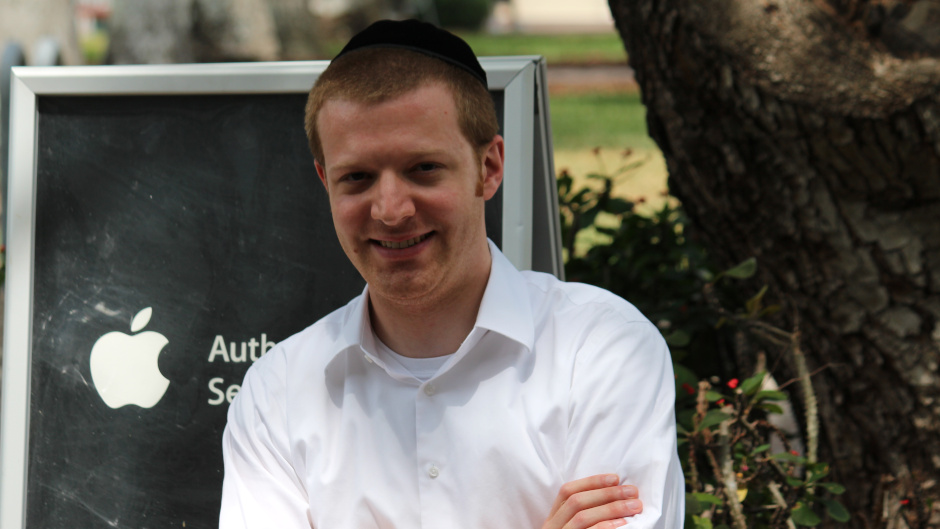As a first year student, Sandler dutifully learned The Bluebook system of citation for legal writing. In his second year he became a member of the University of Miami Law Review, and citations became downright time-consuming.
"So much time is dedicated to mastering and applying The Bluebook rules," says the 28-year-old third year. "I began thinking it ought to be computerized."
Sandler was also interested in learning more about computer programming. He had no experience with the subject before law school, so in the fall semester of his third year, he enrolled in Introduction to Programming for Lawyers, an introductory course offered at Miami Law.
"I learned C++ [a basic programming language] and became riveted," Sandler says. "This semester I've added two other programming courses—a computer science course and an advanced programming course."
Partly to develop his programming skills and partly to satisfy his curiosity, over winter break Sandler built an app for Mac computers called “Legal Cite” that generates perfectly styled Bluebook citations. The first edition, which was free, covered federal court cases. The second edition—a mere $2.99 on the App Store—adds state courts.
According to Sandler, Legal Cite saves law students and lawyers a lot of time. Users of the app only have to enter the party names, volume number, page numbers, and the year of the case, and then select the jurisdiction, court level, court name, and reporter name. With the click of a button, the app generates a complete form and short form Bluebook citation that can be pasted into documents. The user can select whether to use Times New Roman 12 or 14 fonts and whether to use the first party name or second party name in the short form citation.
“With this new app, the tedious work associated with formatting legal citations is eliminated. Law students and lawyers no longer have to worry about going back to italicize parts of the citation; the app does that for them,” Sandler says. “In addition, state names, court names, and reporter names are generated with the proper Bluebook abbreviations, so users no longer have to worry about what letters to capitalize, how many spaces between letters, or where to place periods.” Legal Cite even includes old case reporters. (For example the Dallas (Dall.) and Wheaton (Wheat.) reporters for the U.S. Supreme Court.)
Sandler thanks Dean Patricia D. White for fostering an environment at Miami Law open to exploration. "She is a true supporter of allowing law students to branch into other areas in order to utilize multiple skills in their careers," he says.
"There are many opportunities to combine technology and the law. There is so much out there that has yet to be developed," Sandler says. "My app is just a small piece of what can be done."
Sandler will be graduating with honors in May. He is ranked at the top of his class and has received multiple awards during law school, including CALI Awards in Civil Procedure, Constitutional Law, Bankruptcy, and National Security Law. In addition, he has interned with U.S. District Judge Beth Bloom and U.S. Circuit Judge Robin Rosenbaum and completed an externship with the Employee and Labor Relations department of Jackson Health System, the largest public hospital system in South Florida.
While designing an app has been fascinating and rewarding, Sandler is looking forward to beginning a career as an attorney. After graduation, Sandler is headed to Manhattan to take an associate position with the Business Finance & Restructuring group at Weil, Gotshal & Manges LLP.

